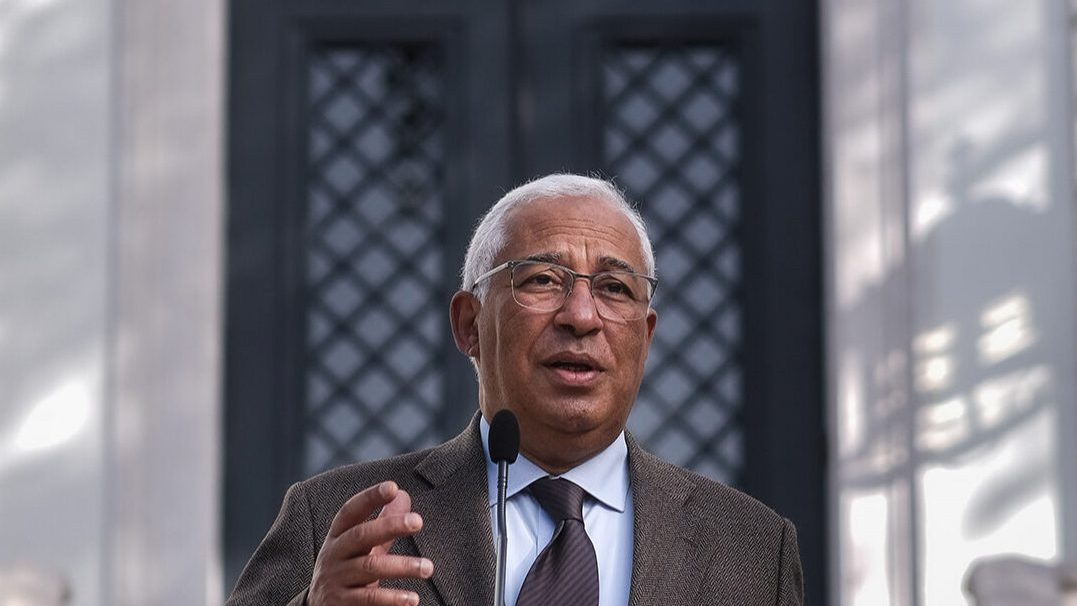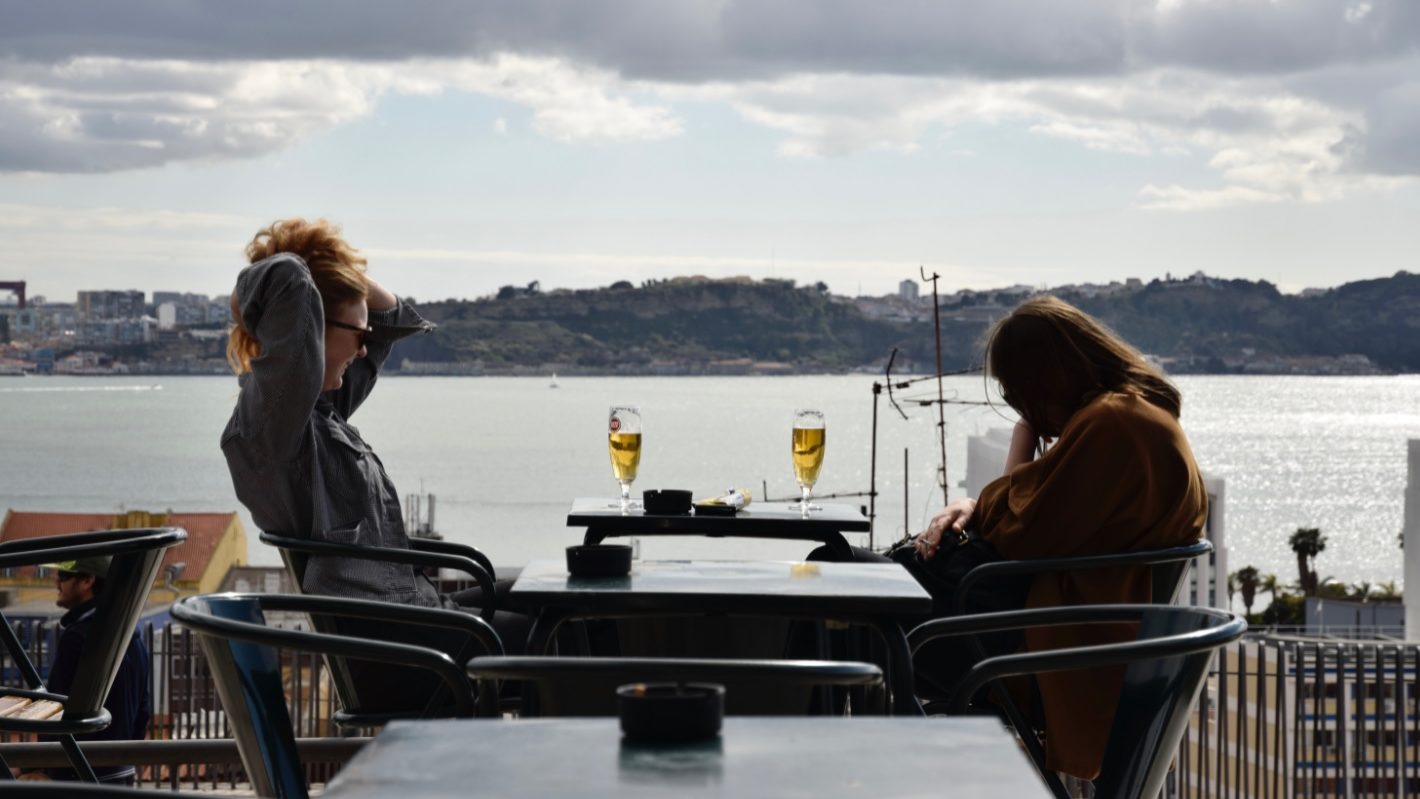Tourism sector hopes for repeat of above expected growth in 2023
"We recovered earlier than we anticipated," stressed the chairman of the entity responsible for promoting Portugal as a tourist destination.
Portugal was presented on Wednesday at the Madrid tourism fair (FITUR), one of the largest in the world, with the expectation of repeating this year the growth of the sector above what had been forecast for 2022 and to capture more tourists from Spain.
Last year is already “the best ever from a revenue point of view” for Portuguese tourism, with an estimate of more than €22 billion, which compares with €18.4 billion for 2019, the last without any impact from the Covid-19 pandemic, Luís Araújo, head of Portugal Tourism, told journalists today in Madrid at the opening of FITUR, which runs until Sunday.
“We recovered earlier than we anticipated,” stressed the chairman of the entity responsible for promoting Portugal as a tourist destination.
“What we are forecasting for 2023 is to continue the growth we had in 2022, obviously, with great uncertainties, from the war in Ukraine to inflation. But we believe we are very well positioned. An example of this is this fair, FITUR,” added Luís Araújo, who highlighted that the Spanish market is currently the second largest for Portugal in number of guests and the fourth in terms of revenue.
In relation to Spain there is thus, according to Luís Araújo, “work to be done” to increase revenues, through “specific segments” of the market.
From a more global point of view, the strategy is to “try to diversify even more the core of markets” that are fundamental to Portuguese tourism, he said.
To this end, one of the keys to growth lies in air links, which Portuguese tourism depends on because of the country’s geographical location.
“We have managed to regain the routes that we had lost in 2020 and 2021 and we already have indicators very close [to those of previous years]. This year, 2023, we will surpass 2019. It is one of the great anchors for the recovery of the sector,” said the chair of Portugal Tourism.
Luís Araújo stressed that “growth is made in all airports” and gave as an example, precisely, Spain, a country that had connections with the five Portuguese national airports last year, through the Spanish airline Iberia, “an optimal factor of distribution” of tourists, mainly from markets that in the past Portugal did not reach, such as Mexico or others in South America.
“Our role is, together with each of our airports, and there is still room to grow in many of the airports, to try to demonstrate this capacity of attraction for all regions. What we understand is that there is obviously a ‘hub’, which is Lisbon and makes this distribution, but there are many reasons of interest for many markets to destinations like Algarve, the north or the islands,” he said.
Around 8,500 companies from 131 countries, including 92 from Portugal, are taking part between today and Sunday in the International Tourism Fair in Madrid (FITUR), one of the biggest in the world.
The Portuguese representation includes, as usual, the seven tourist regions of the country (Porto and the North, Centre, Alentejo, Algarve, Madeira and Azores), together with the 92 companies in a 900 square metre stand of the Portuguese Tourism Board. Several local and inter-municipal entities are also represented in their own stands at FITUR.
FITUR was inaugurated today by the kings of Spain, Felipe VI and Letizia, and at the ceremony was Portugal’s secretary of state for tourism, Nuno Fazenda, who stressed to journalists the importance of the Spanish market and the “strong presence” of national companies at this year’s Madrid fair.
“The Spanish market is a very important market for our country, it is the second largest market in overnight stays and the first in some regions, such as the North, Centre and Alentejo. And, in this context, we also have to work on various segments to grow in value and also grow in the interior, in Portugal’s inland territory,” he said.
The minister of the economy, António Costa Silva, and the Spanish minister of tourism, Reyes Maroto, present on Thursday at FITUR the cross-border cooperation strategy between Portugal and Spain for the tourism sector, which was agreed at the last Iberian summit last November.
“It is a reinforcement to also develop the interior of our country in terms of tourism,” stressed Nuno Fazenda, who considered the cross-border region “an Iberian centrality” that needs to be boosted through tourism promotion, but also by increasing and improving air, road and rail links between Portugal and Spain, as is planned, he stressed, under investments with European funds from the recovery and resilience plans.
The secretary of state said he was “very pleased” with the participation of companies and other entities in this edition of FITUR, with a view to affirming Portugal as a tourist destination in the Spanish market.
In parallel, he defended the continuity of the focus on strategic markets for Portugal inside and outside Europe, where 80% of the country’s tourist demand is concentrated.
In this context, he gave as an example the recent success of the investment in the United States, which made this country the fifth most important for Portuguese tourism.

